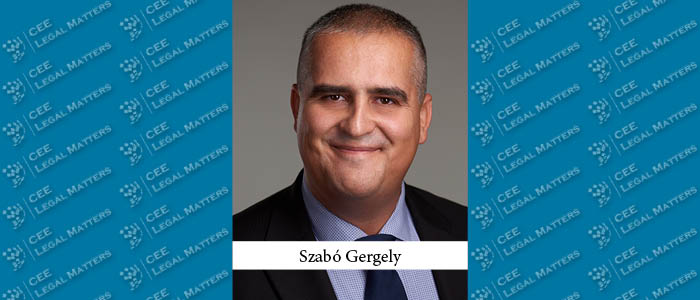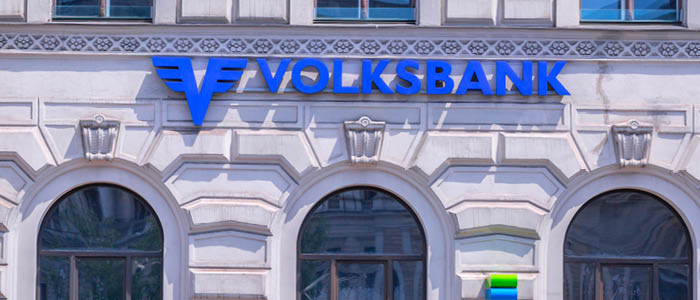An increase in foreign investor activity, energy sector regulation shifts, as well as the incoming challenges brought by the impending ESG Act and NIS2 cybersecurity directive are all keeping lawyers in Hungary quite busy, according to Partner Gergely Szabo of Ban, S. Szabo, Rausch & Partners.
“The market for M&A transactions in Hungary and across Europe experienced a slowdown, but we observed an unexpected uptick in autumn,” Szabo begins. “Interestingly, there's been a notable increase in transactions involving foreign investors and not just Hungarian state and Hungarian-owned investors – this trend suggests a positive outlook. Also, we've seen companies acquiring others to meet the target’s capital requirements, using acquisitions as a strategy for financing the target,” he says.
Szabo then highlights a particularly dynamic regulatory landscape. “A key area of focus is the impending ESG Act. Set for early December adoption, it outlines a framework for ESG compliance and due diligence, significantly impacting the supply chain of corporations,” he explains. According to him, this will be a major challenge for mid-sized companies as suppliers. “The act will fundamentally change how companies operate, particularly in terms of supply chain management. It will be interesting to see how companies adapt to these new requirements and how the various ESG questionnaires and corporate requirements will drive this transformation – compliance will be a significant hurdle, especially for mid-sized companies,” Szabo explains.
“Another crucial topic is the NIS2 Directive on cybersecurity compliance, which necessitates extensive preparation and implementation,” he continues. “The NIS2 Directive requires thorough preparation – it's not just about IT procurement; it also involves drafting documents, reviewing company compliance, and training staff. With appropriate strategy and thorough preparation, the given company would get a huge competitive advantage through NIS2 compliance,” he explains.
“And changes in regulations for Hungarian energy communities and new detailed rules on microgrids are imminent,” Szabo goes on to add. “These are eagerly anticipated by the energy sector as they'll enable a more flexible energy transition in Hungary, with significant economic implications. Additionally, the EU AI Act, which is nearly enacted, will be a pivotal legislative instrument, as will be the EU Data Act and the fully-applicable Digital Services Act,” he says.
Finally, Szabo underscores that 2022 “was challenging in terms of electricity and gas procurement, with a lot of disputes about traders' actions. This year, the process has been smoother mainly because of the lower market prices. Moreover, many businesses have secured fixed prices, aided by Hungarian subsidies for certain industries,” he says. “However, the future of pricing remains uncertain – a key lesson is that clients are now more attentive to contract details, enhancing their expertise in these matters,” Szabo concludes.


























